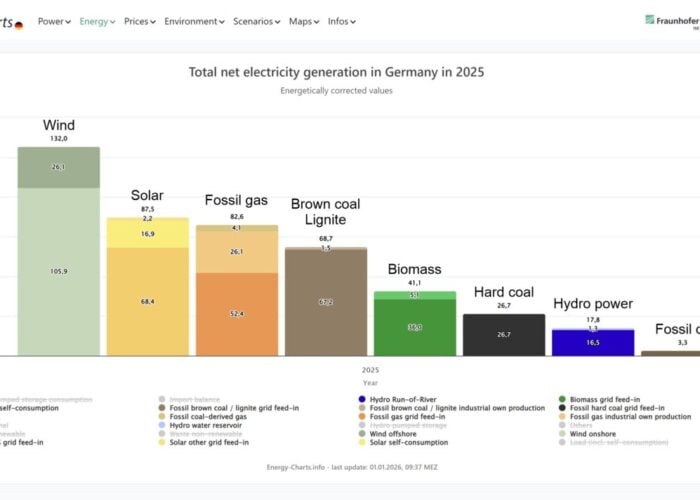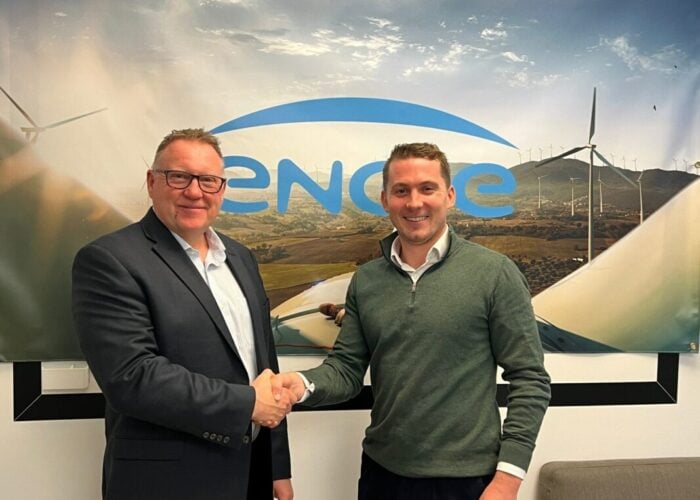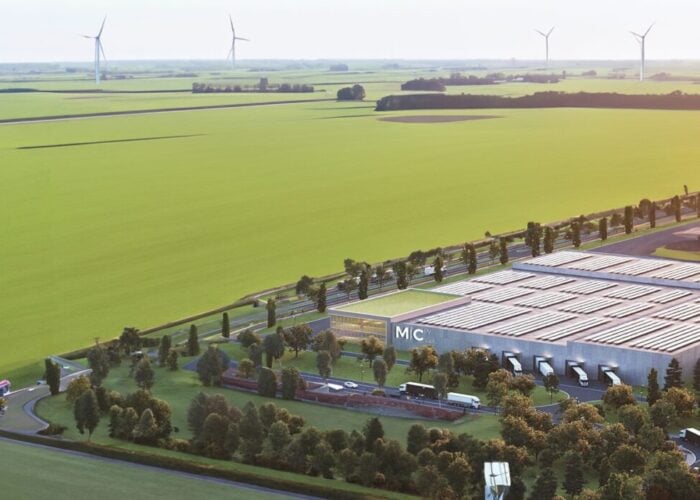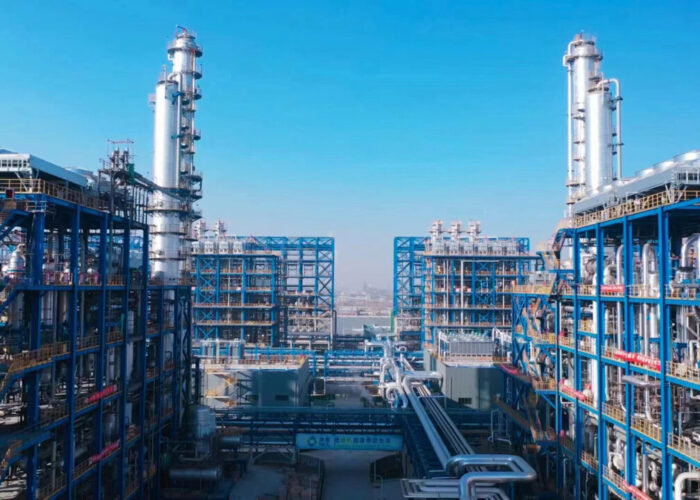Bundling a number of solar power generation assets into one investment fund through so-called ‘yieldcos’ is lowering the cost of renewables, while the yieldco market itself is expected to experience substantial growth in the next few years, an investment banker has said.
Yieldcos are set up as publicly traded companies that pay out dividends. Although not limited to the solar industry, yieldcos appear to have particularly caught the imagination of financiers and investors in PV. While not offering hugely exciting returns, they are thought to offer a stable and long-term platform for investment.
Try Premium for just $1
- Full premium access for the first month at only $1
- Converts to an annual rate after 30 days unless cancelled
- Cancel anytime during the trial period
Premium Benefits
- Expert industry analysis and interviews
- Digital access to PV Tech Power journal
- Exclusive event discounts
Or get the full Premium subscription right away
Or continue reading this article for free
Jeff McDermott, managing partner at Greentech Capital Partners, speaking in New York at Bloomberg New Energy Finance’s annual conference this week, said the yieldco concept “has a lot of room to run”. According to Bloomberg’s own reporting, the yieldco market is on track to quadruple in size from its current total value of around US$27 billion, although a timescale was not given for the prediction. A recent report by market analysts Mercom Capital said the growth of yieldcos was one of the drivers for a “buoyant” first quarter of 2015 for US solar funding.
The first major yieldco to make headlines in solar was launched as an IPO by NRG Energy in July 2013. NRG Yield, as the vehicle was named, offering 1,324MW of generation capacity from completed renewable energy projects represented by just over 22.5 million shares. Although NRG Yield is made up of a mixture of conventional power generation assets and renewables, its launch was quickly followed by SunEdison’s creation of Terraform Power, its own, renewables-based yieldco.
Others followed suit, with the UK’s finance and solar industries in particular seemingly having an appetite for the investment vehicle. Earlier this year First Solar and SunPower, two of the US’ biggest names in utility-scale solar, said they planned to launch 8point3 Energy Partners, a yieldco which will initially offer investment in 432MW of US projects. Additionally, while early yieldcos have focused primarily on the utility-scale market, NRG recently said it will also be targetting residential solar sector, through investing in rooftop leasing models.
In a 2013 interview with Solar Business Focus (predecessor to the PV Tech Power quarterly downstream PV industry journal), conducted as three major UK yieldcos were about to be launched, Iwan Walters, corporate finance partner at law firm Eversheds, said the appeal of yieldcos lay largely in the stability of the investment. With reference to the UK market, Walters said institutional investors saw yieldcos as particularly attractive for their portfolios.
Containing only completed and operational assets, Walters said, most yieldcos would probably deter high risk investors seeking an early exit. UK yieldco returns typically range from around 6% to 8%.
“It’s not crazy returns, it’s a stable, medium to low return, which is attractive to certain investors like pension companies. It varies depending on the stage of the project, depending on what kind of investor is interested. And you’re talking here about yieldcos that will only have operating assets in them. So the private equity guys who want a higher return on their money will only be interested in getting in much earlier. But with a higher return there’s a higher risk,” Walters said at the time.
Another interviewee for the 2013 Solar Business Focus piece, Steven Baird of UK investment house Kyra Partners, said the creation of yieldcos was “testament” to solar’s growing recognition as an asset class by the finance community.
“The fact that solar and other renewable assets are being placed into such structures is a testament to the fact that they are establishing themselves as a separate and acceptable asset class.
“The fact that the press like to call these vehicles “yieldcos” is only because the nature of the asset, even in an externally managed structure, lends itself to paying out much higher regular income to investors than in other competing asset classes,” he added.
At the BNEF conference event this week, moderator Josh Steiner of Bloomberg LP also said however that rising interest rates could make yieldcos less attractive that corporate bonds, the existing asset class to which the financial community appears to most readily relate the new vehicles. In contrast, one panellist, Mike Garland, CEO of Pattern Energy, said his company’s yieldco is insulated from interest rate fluctuations by holding long-term debt at a fixed rate.
A warning about yieldcos was offered last year by the then president and CEO of utility-scale solar developer OCI Power, Tony Dorazio. Dorazio told PV Tech in October that shareholder returns cannot be improved from a yieldco without adding new projects to the portfolio.
“I think some of the yieldcos out already will falter, they won’t be able to keep up with the growth and that will sour investors on the yieldco,” Dorazio said.
“They will start to look harder that the company and the growth of the company and see if they have the track record to pull that off. We’ll see that in the next two years and we’ll see a lot of new companies saying we don’t have the experience or the growth story to go into a yieldco.”
Yet with the recent announcements from First Solar and others, Dorazio’s prediction does not appear to be coming to pass any time soon.
Additional reporting by John Parnell.






